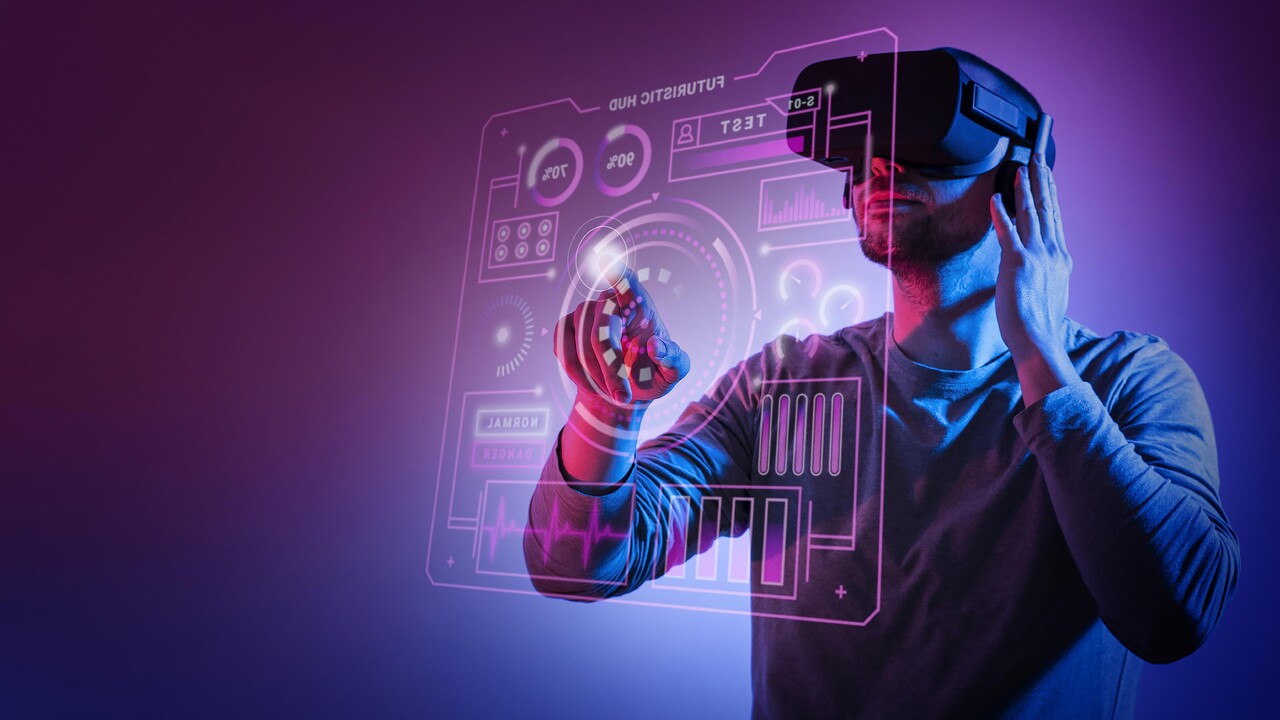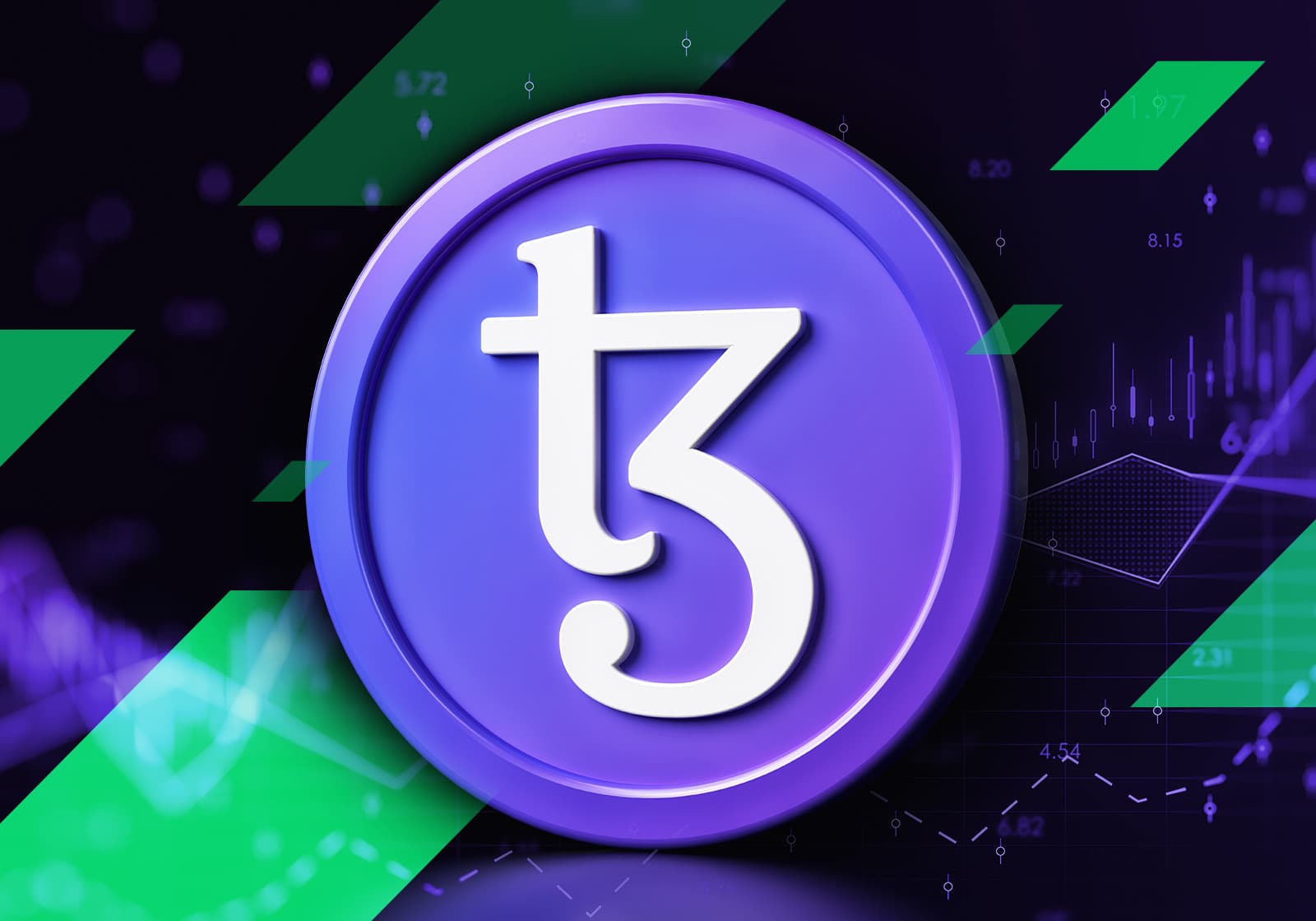AI a powerful tool for devs to change gaming, says former Google gaming head
The Google gaming head industry has undergone a remarkable transformation in recent years, thanks to the integration to technologies.

The Google gaming head industry has undergone a remarkable transformation in recent years, thanks to the integration of cutting-edge technologies. One of the most influential innovations in this realm is Artificial Intelligence (AI). In a world where AI-driven advancements have become the norm, it's no surprise that the gaming industry is also tapping into the potential of AI to revolutionize the way games are developed and experienced. In this blog post, we will explore how AI is reshaping the gaming landscape, drawing insights from a former Google gaming head who believes that AI is a powerful tool for developers to bring about significant changes in the gaming world.
The Rise of AI in Google gaming head
Gaming has come a long way from its early days of pixelated graphics and simple gameplay. Today's video games are immersive, realistic, and often boast open-world environments that stretch the boundaries of what was once thought possible. Much of this transformation can be attributed to AI. Game developers are increasingly harnessing the capabilities of AI to create more engaging and dynamic gaming experiences.
1.1 AI-Powered Character Behavior
One of the most noticeable impacts of AI in gaming is the enhancement of character behavior. In the past, non-playable characters (NPCs) in games followed scripted paths and actions. However, with AI, NPCs can exhibit more human-like behavior, responding to players' actions and making the gaming world feel more alive and dynamic. This not only makes games more enjoyable but also adds a layer of unpredictability that keeps players engaged.
1.2 Procedural Content Generation
AI has also made significant strides in procedural content generation. Developers can use AI algorithms to create vast and varied game worlds, generating terrain, landscapes, and even entire cities with remarkable detail and diversity. This reduces the manual workload on developers and allows for the creation of expansive gaming environments.
1.3 Personalized Gaming Experiences
AI-driven personalization is another area where gaming has seen a profound impact. By analyzing player behavior and preferences, AI can tailor in-game experiences, such as difficulty levels, item drops, and story progression, to suit individual players. This not only enhances player engagement but also keeps players coming back for more.
Former Google Gaming Head's Perspective
To gain deeper insights into the transformative power of AI in gaming, let's turn our attention to the thoughts of a former Google gaming head. Their experience and expertise in the industry provide valuable perspectives on how AI is changing the game development landscape.
2.1 AI as a Creative Enabler
According to the former Google gaming head, AI serves as a creative enabler for game developers. With AI tools and technologies at their disposal, developers can experiment with innovative gameplay mechanics and storytelling approaches that were previously unattainable. The ability to automate certain game development processes also frees up time for developers to focus on more creative aspects of game design.
2.2 Enhanced Realism and Immersion
AI's contribution to realism and immersion in games cannot be overstated. The former Google gaming head emphasized how AI-powered physics simulations, natural language processing, and machine learning algorithms are transforming the way characters interact with their environment and each other. This heightened realism immerses players more deeply in the gaming experience, making it feel like a living, breathing world.
2.3 AI-Generated Content
The former Google gaming head also highlighted the role of AI in content generation. AI algorithms can generate art assets, dialogues, and even music, reducing the time and resources required to create a game. This democratizes game development, allowing smaller studios and independent developers to create high-quality games with limited budgets.
AI and the Future of Gaming
As AI continues to evolve, its impact on the gaming industry is poised to grow even further. Let's explore some of the future possibilities and trends that AI is expected to influence in gaming.
3.1 Virtual Reality (VR) and Augmented Reality (AR)
AI is likely to play a pivotal role in the advancement of VR and AR gaming. AI algorithms can enhance the realism of virtual worlds, improve object recognition in AR applications, and create more responsive and interactive experiences for players.
3.2 Player Engagement and Retention
AI-driven player engagement strategies will become increasingly sophisticated. Developers will leverage AI to predict player behavior, optimize in-game advertisements, and create dynamic narratives that adapt to individual player preferences, keeping them engaged and entertained.
3.3 Enhanced Game Testing and Quality Assurance
AI-powered testing and quality assurance tools will become standard in game development. These tools can identify bugs, glitches, and balance issues more efficiently than manual testing, leading to higher-quality games at launch.
3.4 AI-Generated Storytelling
AI-generated storytelling will become a significant trend. AI can craft dynamic narratives that respond to player choices and actions, creating truly personalized storytelling experiences that evolve with each playthrough.
In conclusion, AI is undeniably a powerful tool that is changing the face of game development in the gaming industry. As highlighted by a former Google gaming head, AI is enabling developers to create more immersive, creative, and engaging gaming experiences. Whether it's through AI-powered character behavior, procedural content generation, or personalized gaming experiences, AI is reshaping the industry in profound ways.
Looking ahead, AI's influence on gaming is set to expand even further, driving innovations in VR/AR, player engagement, quality assurance, and storytelling. As developers continue to harness the potential of AI, gamers can look forward to a future filled with increasingly realistic, captivating, and personalized gaming adventures. The former Google gaming head's perspective underscores the transformative power of AI, making it clear that AI is not just a tool for developers; it's a game-changer that is shaping the future of gaming.
What's Your Reaction?














